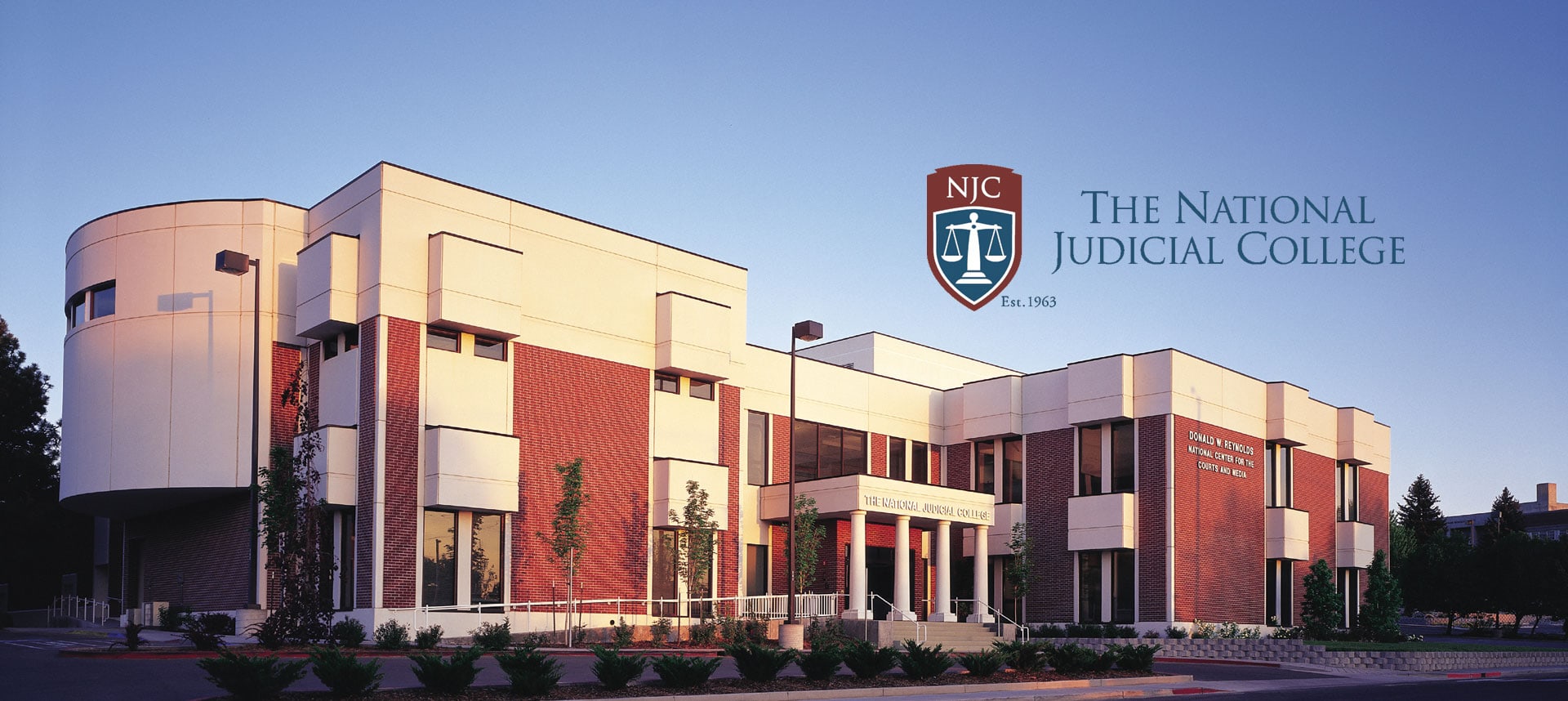
By Michelle Werdann
As the coronavirus pandemic rages on, our February Question of the Month asked NJC alums, “As of today, and knowing what you do about the predicted state of the pandemic the rest of the year, how likely are you to register to attend an in-person judicial education course or conference in 2021?”
We received replies from 933 judges, and the majority, nearly 60 percent, said they were unlikely or very unlikely to attend. Less than a third, 30 percent, said they were likely or very likely. The rest were unsure. Thank you for helping us forecast attendance for the rest of the year.
Most judges who left comments cited worries about the slow rollout of vaccinations, new variants of the virus, and existing health issues.
Judge Bob LeBlanc of the Ninth Circuit of Florida mentioned his age and medical history but added that he’d been impressed with the College’s expanded virtual offerings.
Several said they would be more willing to attend in-person events if vaccinations were required for everyone attending, including the faculty.
One anonymous judge mentioned child-care issues. “(W)ith my son’s remote schooling, someone needs to be home!!”
An anonymous judge from the Yap State Court in the Federated States of Micronesia said that country’s borders were closed indefinitely.
Judge Kara Murphy Richards of the Renton (WA) Municipal Court worried that she could sign up for an in-person class and then have it canceled because of COVID.
“Things change so rapidly and on a daily basis,” she wrote. “I would make sure any hotel reservations and airline reservations were fully refundable.”
Of the judges more optimistic about attending, many simply seemed eager for company after being stuck online for nearly a year. They said that if they did attend they would want social-distancing and mask requirements to continue.
Some judges said they had discovered that they like taking classes online better than in person and planned to continue doing so.
At the opposite of the spectrum, an anonymous judge wrote, “There is nothing I miss more than in-person judicial education.” But vaccine availability, case backlogs and budget cuts caused by the pandemic made it impossible, the judge wrote.
“(O)ur courts have frozen all funds for out-of-state education, and there is no timetable as to when those monies will be reinstated.”
* Each month the College emails an informal, non-scientific one-question survey to its more than 12,000 judicial alumni in the United States and abroad. The results, summarized in the NJC’s Judicial Edge Today, are not intended to be characterized as conclusive research findings.

The Hon. Mary-Margaret Anderson (Ret.), a retired administrative law judge with the California Office of Ad...

Happy October, Gaveliers faithful. Are you loving this or what? No one believed a team made up of judges...


Hon. Diane J. Humetewa, the first Native American woman and the first enrolled tribal member to serve as a ...

Retired Massachusetts Chief Justice Margaret H. Marshall has been selected as the 2024 winner of the presti...